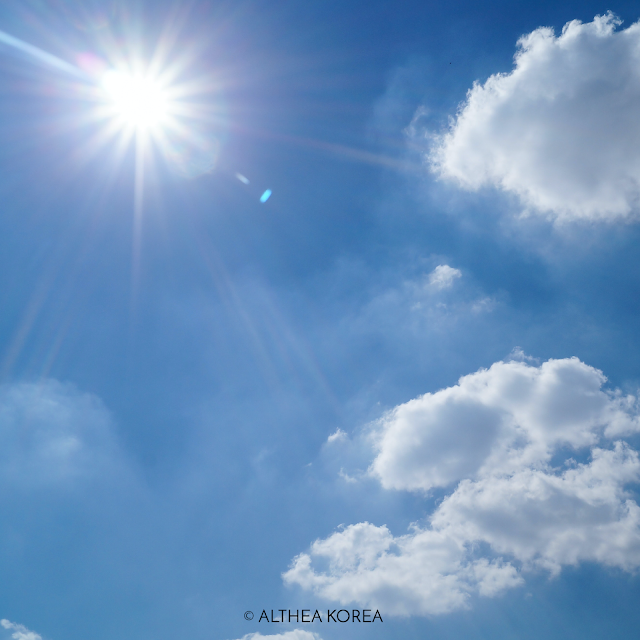All about SPF & sunscreens
We all know that staying out of the sun is important, but do we really understand why? And what's all the buzz around SPF? In today's post, we'll be sharing all about the sun's effects on our skin, what SPF is, why using sunscreens are important.
So first off, why do we need to protect our skin from the sun? Aside from causing sunburns and our skin to darken, prolonged sun exposure can increase the risk of skin cancers and speed up skin aging. Harmful UV rays not only damage our skin from within, but they also cause very visible effects like wrinkles, sagging, and age spots. This is why everyone should use sunscreen, regardless of age or gender.
Sun exposure can lead to wrinkles, sagging, age spots, and even skin cancer.
There are 2 types of sunscreens: physical and chemical.
- Physical (or mineral) sunscreens help to block and scatter the sun's rays before they even penetrate your skin
- Chemical sunscreens absorb UV rays before they can cause any damage.
Choose between physical and chemical sunscreens
Both physical and chemical sunscreens have in common is SPF (Sun Protection Factor). This number lets you know how long the sun's rays would take to redden your skin. If you use an SPF30 product, this means that it would take you 30 times longer to burn under the sun compared to if you did not use any sunscreen at all. Each SPF level has a protection level, and a product with SPF50 has a protection level of up to 98%.
The higher the SPF, the higher the protection level
Source: acne.org
Source: acne.org
In theory, sunscreen with super-high SPF should give you the best protection against damaging UV rays, but in reality, this is not the case. Scientists have found that high-SPF products do not give that much extra protection, and they do not recommend using products with an SPF higher than SPF50. A product with. SPF100 can only give you a protection level of 99%, which is almost similar to SPF50's 98%. Instead, it is recommended to apply a liberal amount of sunscreen and to constantly reapply it for the best effects.
With that said, it is also best to apply your sunscreen every day on all exposed skin 30 minutes before you go outdoors, reapplying every two hours for maximum protection.
Although using sunscreen is a great way to reduce any skin damage and signs of aging, it's important to keep in mind that prevention is always better than cure. Even with SPF on, try to seek shade and avoid direct contact with the sun!
Get the best curated SPF K-beauty products today at the best prices on www.althea.kr!

















No comments
Thank you for leaving us a comment!